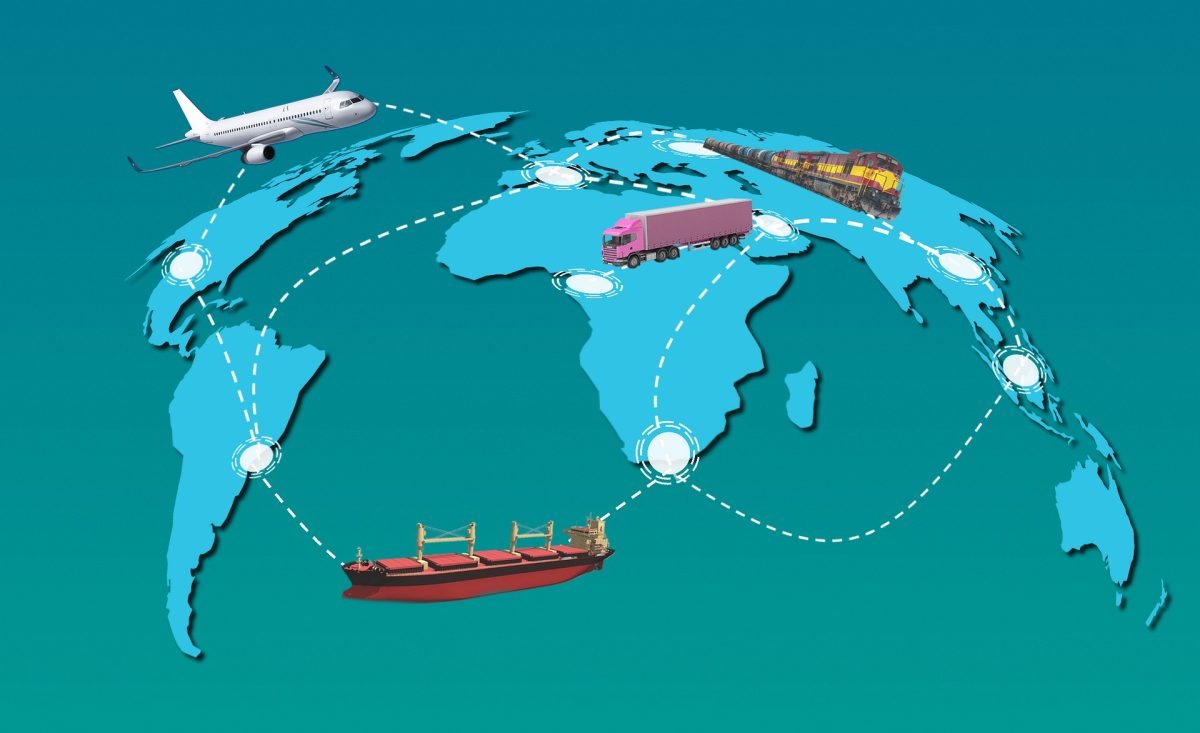
Alumnus Jayden Tavares wrote this guest opinion piece for The Classic, urging Townsend Harris students with an interest in business to consider studying supply chain management.
As a finance major at the University of Rhode Island, I figured I had my future pretty much mapped out. Budgets, spreadsheets, investments—those were my worlds. Then, senior year, I signed up for a supply chain management class. Honestly, I just needed an elective, and it fit my schedule. But that class ended up flipping how I think about business entirely.
I used to believe finance was the heart of everything in business. It’s what drives decisions, right? But in supply chain, I learned about the gears that make it all work—the logistics, the planning, the coordination that happens behind the scenes. Turns out, none of those financial decisions I studied in my other classes would even be possible without the work of supply chain professionals.
When Finance Meets Supply Chain
At first, I didn’t see the connection between my major and this class. Supply chain sounded like trucks, warehouses, and factory floors—stuff a finance person wouldn’t touch. But I was wrong. It’s all connected.
Take inventory management, for example. Companies need enough products to meet customer demand, but too much inventory ties up cash that could be used for other things. As a finance student, I’ve spent years thinking about how businesses can maximize returns on their capital. Supply chain managers are doing the same thing—they’re just working with inventory levels, lead times, and shipping costs instead of financial assets.
It hit me hard when we talked about the global chip shortage during the pandemic. Everyone from carmakers to tech companies was scrambling because they couldn’t get these tiny parts. The disruption wasn’t just about money—it was about supply chains breaking down. Suddenly, all those financial strategies I had studied were incomplete without understanding the operational side of business.
The Backbone of Business
The deeper I got into the class, the more I realized just how massive supply chains are. They’re everywhere. They’re how food gets to grocery stores, how your online orders show up in two days, and how humanitarian aid reaches disaster zones. Even industries like healthcare depend on them—imagine if hospitals couldn’t get critical supplies like gloves or medicine in a timely and effective manner.
It’s not just about moving materials, though. It’s problem-solving on a global scale. With climate change, geopolitical tensions, and new tech shaking things up, supply chain is where a lot of innovation is happening right now. Blockchain, AI, drones—you name it, it’s being used to make supply chains faster, cheaper, and more sustainable.
A Conversation Worth Sharing
The other day, my cousin and I were talking over lunch. He’s applying to colleges and trying to figure out what to study. “I’m thinking business,” he said. “But I’m not really sure what that means yet.”
I laughed. “Yeah, I was the same way. Look, you can’t go wrong with finance—it’s solid. But if you really want to understand how businesses work, think about supply chain. It’s like the engine behind everything.”
“Supply chain?” He looked at me like I had suggested majoring in rocket science.
“Yeah, no one talks about it, but that’s the point. It’s everywhere, and it’s not just warehouses. It’s about solving real problems—how do you get medicine to people during a pandemic? How do you ship stuff faster without wasting money or harming the planet? That’s supply chain.”
He nodded slowly. “Huh. I never thought about it like that.”
“Most people don’t,” I said. “But it’s where the action is, trust me.”
Why It Matters
Looking back, I’m so glad I took that class. It gave me a whole new perspective on business. I realized finance isn’t just about numbers—it’s about how those numbers connect to real-world operations. And for anyone who wants to work in business—whether it’s finance, marketing, management, or even entrepreneurship—understanding supply chains makes you sharper, more versatile, and way more prepared for whatever challenges come your way.
So, to any business students and professionals out there, don’t sleep on supply chain. It’s not just another major—it’s a window into how the world works. And who knows? You might walk in thinking it’s about trucks and warehouses, but you’ll walk out understanding how businesses thrive—and how you can, too.
Jayden Tavares is a Business student at the University of Rhode Island majoring in Finance.



























